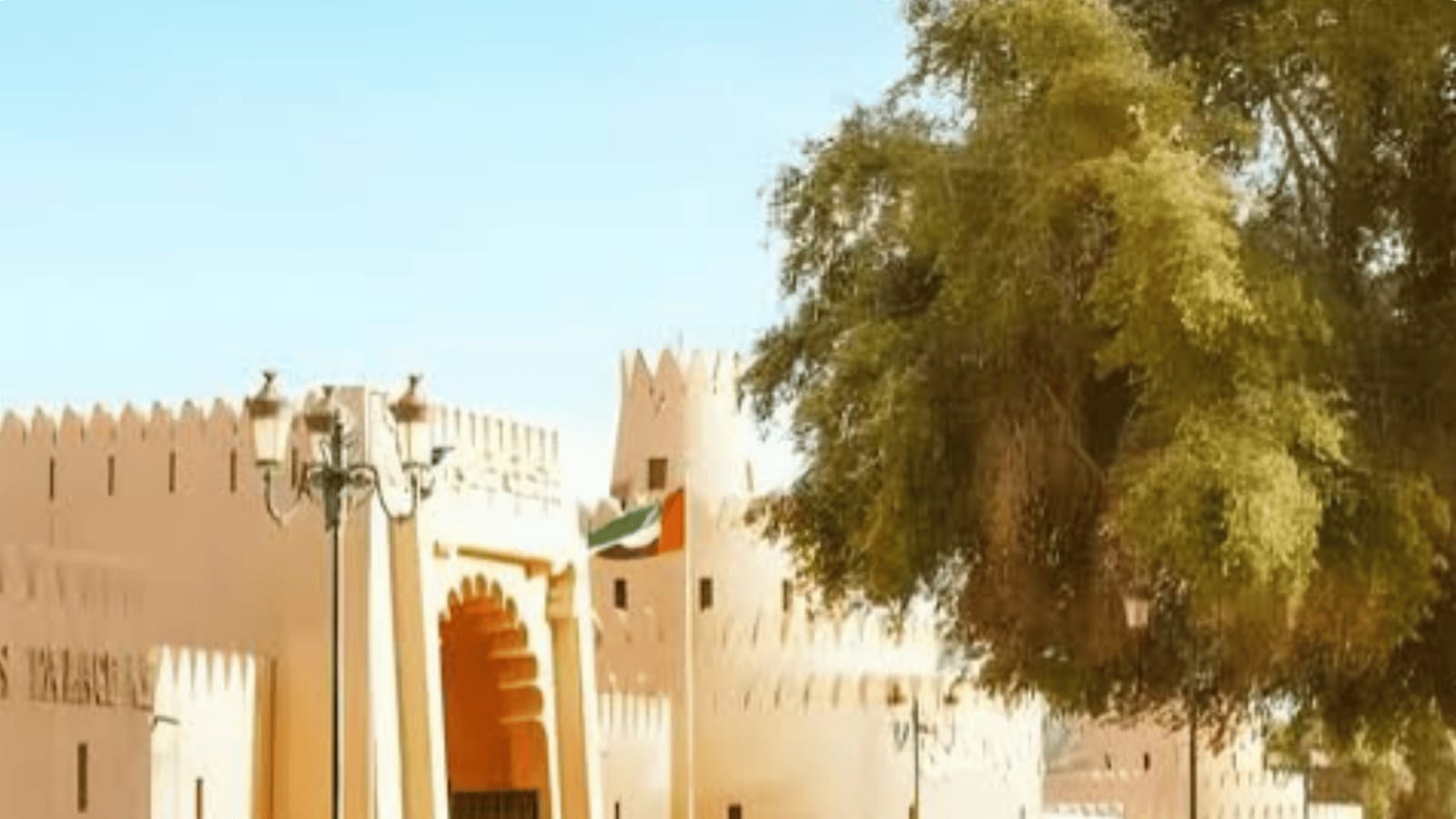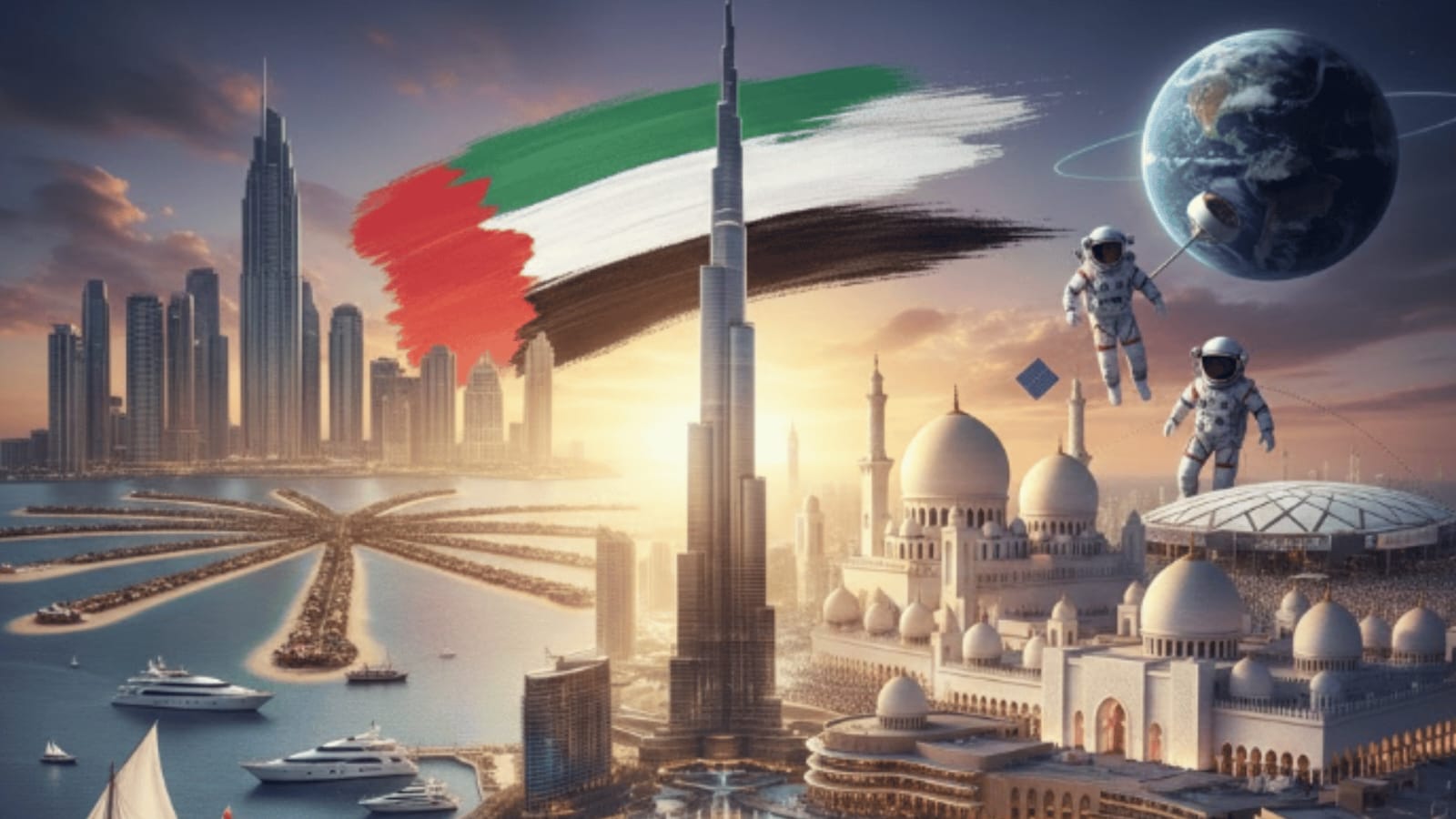Makkah Expands Hospitality Capacity Ahead of Hajj 2025 Season

Makkah, a spiritual epicenter for millions of Muslims worldwide, is witnessing a transformative rise in its hospitality landscape ahead of the 2025 Hajj season. The Ministry of Tourism has revealed that the number of licensed hospitality facilities in the city has now exceeded 1,160. This growth represents a 54% surge compared to the same period in 2024. These new statistics not only highlight a significant infrastructural expansion but also demonstrate the focused efforts being made to ensure an enhanced and seamless experience for pilgrims.
Inspection Campaigns Ensure Readiness and Quality for Pilgrims
Alongside the increase in licensed facilities, the Ministry of Tourism has executed more than 1,160 inspection and monitoring campaigns. These efforts ensure that every hospitality service provider is compliant with the established safety and quality standards. The inspections are part of a broader governmental push to strengthen the readiness of service facilities and assure pilgrims that their journey will be both safe and comfortable.
The inspection tours span a variety of accommodation types, ranging from high-end hotels to modest lodgings, ensuring that regardless of budget or expectation, every pilgrim is treated with dignity and provided with suitable amenities. Through these comprehensive checks, authorities aim to guarantee the health and well-being of the visiting faithful.
Multisector Coordination Enhances Pilgrim Experience
The Ministry’s initiatives are not operating in isolation. A network of collaboration between various governmental departments, including health, civil defense, and municipal services, is supporting the tourism authority’s efforts. This coordinated approach has led to the streamlined delivery of essential services, such as sanitation, transportation access, emergency response mechanisms, and multilingual assistance.
Through this interagency cooperation, the goal is to offer a holistic experience that prioritizes comfort and convenience for every visitor. These enhancements to the city’s hospitality ecosystem underscore a long-term vision for a more structured and sustainable approach to religious tourism.
Hospitality Sector Evolution: Meeting Rising Pilgrim Demand
This remarkable growth in licensed hospitality facilities is driven by the annual rise in global pilgrim numbers. Makkah’s preparation is a proactive response to this growing demand, allowing it to accommodate a larger number of guests while maintaining high service standards. By granting more licenses, the Ministry enables competitive practices, improved customer service, and diversified lodging options.
With millions making the journey annually for Hajj, accommodation is a cornerstone of pilgrim satisfaction. More hotels and guesthouses contribute not only to religious service but also to local employment and economic stimulation. The upgrades in infrastructure have opened new doors for job creation, entrepreneurship, and investment, fostering sustainable urban development.
Standards and Regulations Foster Safe and Trustworthy Environments
Each hospitality provider undergoes rigorous vetting before obtaining a license. This includes ensuring building safety compliance, hygiene protocols, accessibility features, and staff training. By conducting more than 1,160 inspections within a short period, the Ministry has showcased a commitment to upholding international benchmarks in hospitality.
The inspections are comprehensive, evaluating everything from fire safety systems and elevator maintenance to kitchen cleanliness and customer grievance handling. These checks are not merely administrative but foundational in establishing trust among pilgrims who rely on these services during one of the most important spiritual journeys of their lives.
Technology and Innovation Supporting Hospitality Expansion
Digital transformation plays a pivotal role in monitoring and expanding Makkah’s hospitality capabilities. The use of smart monitoring systems, real-time data sharing, and digital licensing processes have accelerated the approval and inspection timelines. This approach ensures a streamlined operation where new facilities can be brought online faster without compromising quality.
Many of the new facilities have also integrated digital services, such as online booking platforms, multilingual support apps, and automated check-ins. These features cater to the global demographic of Hajj pilgrims and enhance their ability to navigate their stay with minimal complications.
Pilgrim Welfare Remains Central to Planning Strategies
Amid the infrastructural development, the Ministry maintains a strong focus on the human aspect of Hajj. Policies have been introduced to ensure that hospitality staff are sensitized to the unique needs of pilgrims, including elderly visitors, persons with disabilities, and those traveling with families.
Facilities are encouraged to implement accessibility-friendly designs, culturally considerate services, and flexible meal and rest schedules aligned with pilgrimage routines. Additionally, information desks, helplines, and on-site assistance are being strengthened to provide immediate support in various languages.
Addressing Future Needs with a Forward-Looking Vision
While the 2025 Hajj season is a key milestone, the Ministry’s plans are geared toward future sustainability. The consistent rise in religious tourism requires long-term planning to ensure infrastructure does not become overburdened. Strategic urban planning, zoning regulations, and transport integration are all part of the blueprint for continued growth.
Experts in the tourism and urban development fields are also being consulted to provide insights into managing crowd dynamics, resource distribution, and ecological impact. The city’s hospitality expansion is, therefore, not only an answer to current demand but also a preparation for future generations of pilgrims.
Socioeconomic Impacts of Growing Hospitality Infrastructure
Beyond spiritual significance, Hajj is a vital economic driver. The growth in licensed accommodations helps catalyze local economies by creating demand in food services, maintenance, transportation, and retail. Each new hospitality facility becomes a node of economic activity, enhancing community livelihoods.
Moreover, the hospitality industry’s expansion encourages skills development, such as training programs in tourism management, customer service, and facility maintenance. These upskilling efforts ensure that the human capital of Makkah is prepared to meet global hospitality standards.
Building Foundations for a Seamless Pilgrimage Journey
The exponential rise in hospitality facilities in Makkah, coupled with stringent inspection regimes and technological integration, signals a robust and thoughtful preparation for Hajj 2025. The Ministry of Tourism’s initiatives reflect a broader commitment to providing pilgrims with comfort, dignity, and peace of mind.
By focusing on sustainable development, quality assurance, and intergovernmental coordination, Makkah is not only meeting current needs but paving the way for a future where every pilgrim’s journey is facilitated with excellence. The developments unfolding in 2025 offer a strong foundation upon which the spiritual and infrastructural demands of tomorrow can be successfully met.







